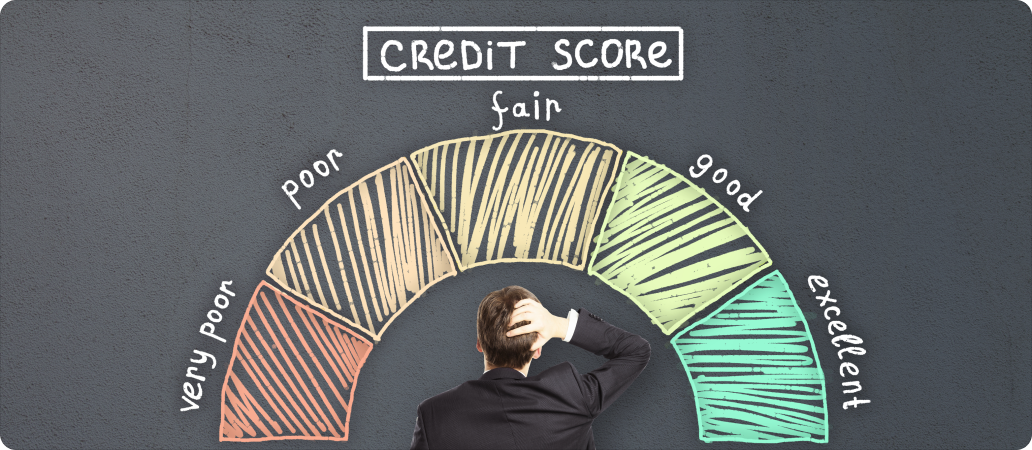You and your partner are planning your dream holiday and with all the excitement comes the reality of expenses. To make things smoother, you decide to split the costs with a personal loan. But, as you explore the process, a question arises: will applying together impact the chances of loan approval? Does having a co-applicant help or hurt your eligibility? Let’s dive into the details.
Who can you add as a co-applicant on your personal loan application?
The main and co-applicant has to at least meet the eligibility criteria set by the lender with respect to age, income and credit. Here are the different individuals that you can consider:
- Parents: Adding a parent with a strong credit history and stable income can strengthen your application.
- Partner: Including a spouse or partner who shares your financial goals and responsibilities can enhance eligibility, especially if both of you have stable incomes.
- Children: If they meet the lender’s requirements, adult children can also be added as co-applicants to help share financial responsibilities.
Who can take a personal loan for education?
A personal loan for education is accessible to a wide range of individuals. Here’s who typically qualifies:
1. Parents of young students
Parents or guardians can take a personal loan to support their child’s early education expenses, covering everything from school fees to study materials.
2.Undergraduate/postgraduate students
Students who have reached the legal age of 18 can directly apply for a personal loan to fund their higher education, whether it’s an undergraduate, postgraduate or professional course. If they are unable to meet income criteria, they may need a co-applicant, like a parent or guardian.
3.Working professionals
Those already in the workforce who want to upskill, pursue certifications or even complete a degree can avail credit to support their aspirations. Personal loans are popular among professionals because they can be secured based on an individual’s income.
How does a co-applicant influence your personal loan application?
Here’s a deeper look at how a co-applicant influences each factor involved in personal loan approval:
Credit scores
When a co-applicant is involved, lenders assess the credit histories and scores of both applicants. A co-applicant with a higher credit score can help offset the effects of a lower score from the primary applicant, thereby improving the overall creditworthiness of the application. This can lead to faster approval, a wider range of loan options and potentially lower interest rates, as lenders are likely to view the loan as less risky.
Income
Lenders are often more favorable toward applications with a higher combined income, as it signals a stronger repayment capacity. For example, if the primary applicant’s income doesn’t meet the lender’s threshold, adding a co-applicant with a stable income can make a significant difference. This combined income opens up eligibility for a larger loan amount, which can be advantageous if you need extra funds to meet your goals.
Shared responsibility for repayment
Adding a co-applicant means both applicants are jointly responsible for the loan. This legal obligation means that both parties are liable for repayment, regardless of who uses the funds. While sharing responsibility can ease the burden of managing loan payments, it’s also important to remember that any missed or late payments will affect both applicants’ credit scores, impacting their ability to secure future loans.
Loan amount and interest rates
Having a co-applicant can sometimes qualify you for a larger loan amount and better interest rates. Lenders may offer more favorable terms if they believe the financial responsibility is spread across two reliable applicants, especially if the co-applicant has a strong credit profile and high income. Lower interest rates mean reduced overall costs, making the loan more affordable over its term.
Shared documentation
Both the main and co-applicant must provide personal and financial documentation for the loan application. This usually includes proof of identity, income statements, tax returns and credit reports. The lender will evaluate both applicants’ financial information to assess the stability and reliability of their financial profiles. Ensuring both applicants have organized, up-to-date documentation can streamline the process and lead to quicker approval.
Conclusion
Adding a co-applicant to your personal loan can be a powerful strategy to strengthen your application. You can consider a co-applicant when you’re facing challenges with a credit score or income, aiming for a higher loan amount, seeking lower interest rates or pursuing shared financial goals like a wedding or a significant investment.
However, it’s essential to carefully evaluate the financial profile and commitment of your co-applicant. This is because both parties will share the responsibilities and implications of the loan. So, consider your personal situation and make a decision accordingly.



